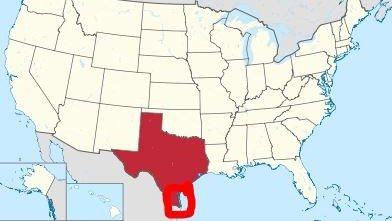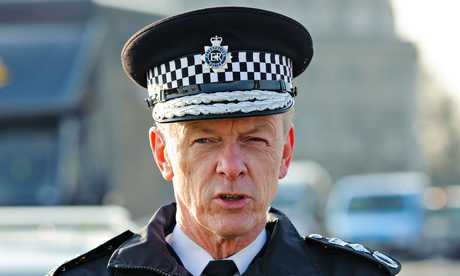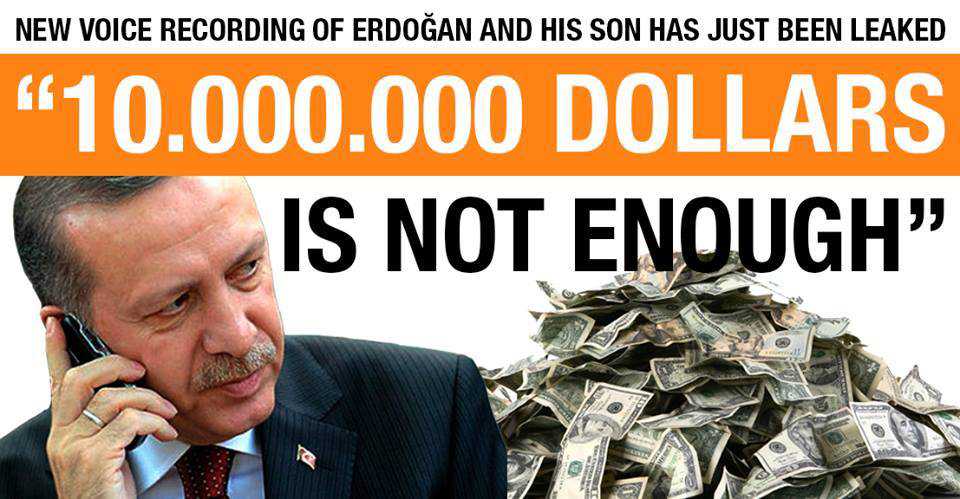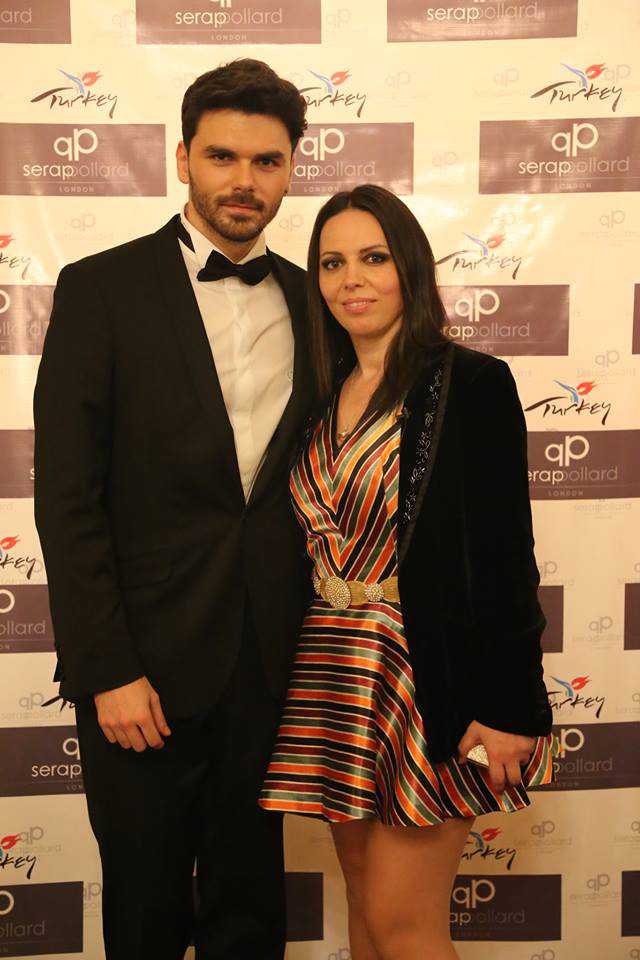Long-shot congressional candidate Allan Levene has a uniquely improbable two-state solution
By Anthony Weiss

JTA — With the Israeli-Palestinian peace negotiations floundering, it may, perhaps, be time to consider an entirely different kind of two-state solution. One that involves the State of Texas.

Congressional candidate Allan Levene is proposing to cut the Gordian Knot of Middle East peace by creating a second State of Israel on the eastern coast of Texas, which he would call New Israel. The idea, briefly, is to take (through eminent domain) roughly 8,000 square miles of sparsely populated land bordering the Gulf of Mexico and give it to Israel as a second, non-contiguous part of the State of Israel. Israel would get the land only if it agrees to withdraw to its pre-1967 borders.
Israel wins because it would gain a new, peaceful territory far from the strife of the Middle East, in a place where, as Levene suggests, “the climate is similar,” and Israel could “have access to the Gulf of Mexico for international trade.” The U.S. wins because it would no longer need to send Israel billions of dollars a year in foreign aid. Texas wins because of all the construction jobs from building an entirely new state within its borders. The Palestinians win because they get the West Bank, and because now Israel, too, gets to see just how fun it is to have a non-contiguous state. Everybody wins!
And, in fact, it’s an idea with plenty of precedent. Theodor Herzl temporarily embraced a British proposal to establish a Jewish homeland in Uganda (though the backlash against the idea almost destroyed the Zionist movement). And in 1938-40, various plans were floated to settle European Jewish refugees in the Alaska territories – a notion that later inspired Michael Chabon’s novel, “The Yiddish Policeman’s Union.”
Admittedly, the plan raises a few questions. OK, a lot of questions. Texans don’t generally seem too excited about the federal government stepping in and seizing land. And it’s not clear exactly how the construction of an entirely new state, and all those delectable construction jobs, gets funded (since, remember, this is supposed to save the U.S. billions of dollars). And while Israelis have generally shown plenty of enthusiasm for moving to places like New York and Los Angeles, coastal Texas has never ranked all that high on the list of preferred destinations. And – well, you get the picture. There are questions.
But Allan Levene has never been daunted by long odds – or, for that matter, by multi-state solutions. A British Jewish immigrant and naturalized citizen, Levene is simultaneously running for Congress, as a Republican, in two non-contiguous states — Georgia and Hawaii (though not, interestingly, in Texas).
Why, you might ask, is Levene running in two states? Easy – because he couldn’t get on the ballot in two other states, Minnesota and Michigan (where he was aiming for two separate congressional districts, because why not?).
Aside from creating New Israel, Levene also hopes to reduce the national debt, largely by eliminating U.S. corporate taxes and using pension rules to set congressional term limits. He also wants to put conspiracy theories to rest by investigating national catastrophes with not one, not two, but three separate commissions.
Levene’s candidacies are long shots – his support in polls has been minimal, and his fundraising has been negligible. The odds that a New Israel will appear just south of Corpus Christie are not much better.
www.timesofisrael.com, April 26, 2014







